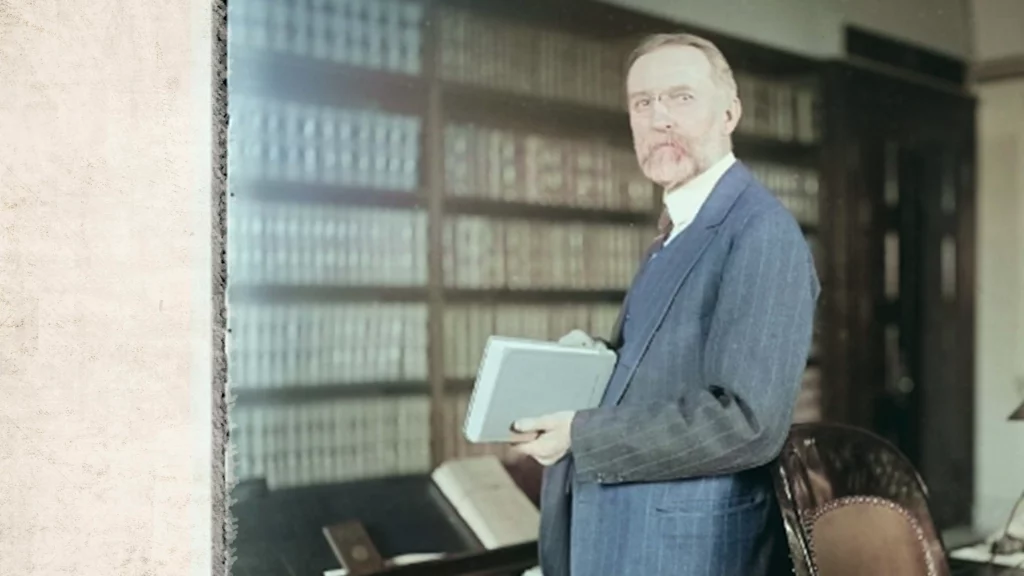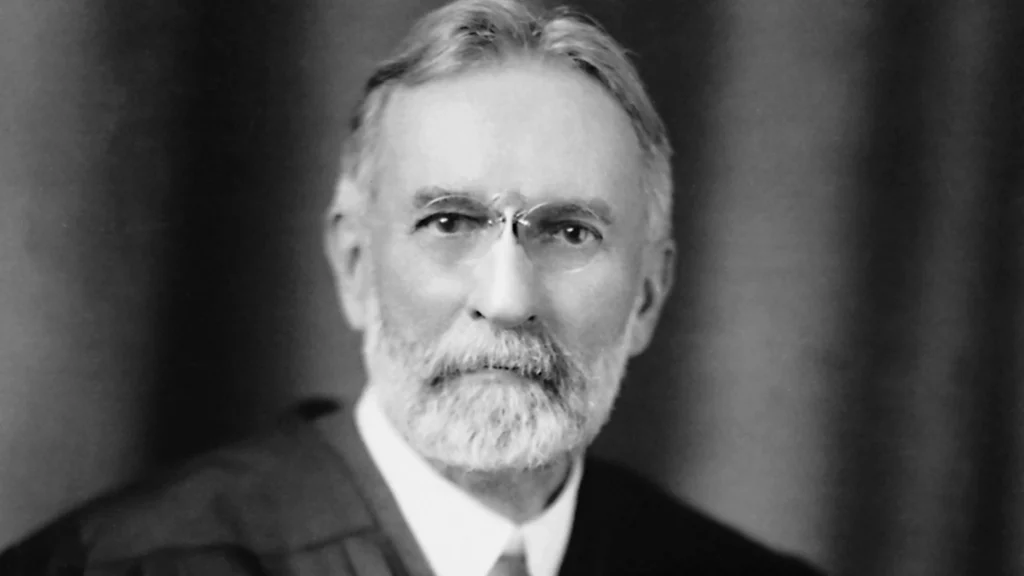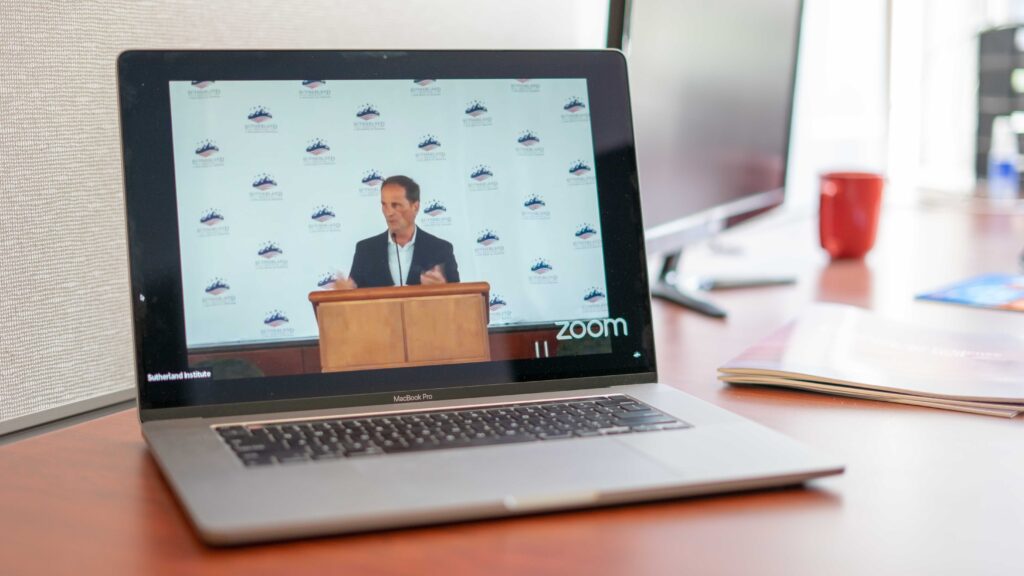

Insights & Takeaways is Sutherland Institute’s official blog that informs the public and policymakers alike. The blog addresses important issues through the two distinct yet complementary lenses of the seasoned policy professional and the engaged citizen.
 Insights: analysis, research, and informed commentary from Sutherland experts. For elected officials and public policy professionals.
Insights: analysis, research, and informed commentary from Sutherland experts. For elected officials and public policy professionals.
 Takeaways: the most important things voters need to know. For civically engaged citizens.
Takeaways: the most important things voters need to know. For civically engaged citizens.
How spirituality helps LGBTQ youth
Recent research backs up pastor’s experience with homeless LGBTQ youth – a longing and need for spirituality.
Education pluralism: The state of private schools
Private schools likely saw an uptick in enrollment during the pandemic because they offered a genuinely different option to families who were worried about the effects of remote schooling.
America’s wall of separation
Most people believe there should be a hard line drawn between government and faith communities. At times, this idea can be taken too far, marginalizing people of faith and religious institutions.
Newly elected conservative policymakers can learn from George Sutherland’s political philosophy
In George Sutherland’s view, the Constitution established bright lines of federalism and was the most democratic instrument of American governance. Because of the clarity and power of his views, much of his thinking remains relevant today.
He graduated from BYU. Then he battled FDR’s New Deal on the bench — 100 years later, his legacy still matters
The life of George Sutherland illustrates how character and kindness among Americans and their leaders can lead to political achievements that improve our civic well-being.
Education pluralism: The state of career and technical education
To win the working-class vote, candidates from any party would do well to take a closer look at supporting career and technical education (CTE) – the pipeline to many occupations.
Election winners should keep an eye on regulatory bureaucracy
The growth of administrative regulations undermines the American democratic principle of elected officials enacting the will of the people through policymaking.
Education pluralism: The state of public charter schools
There is a general trend toward public charter school enrollment growth in the state, and Utah can likely expect to see that continue in the coming years.
People of faith have played a longtime role in encouraging civic participation
Survey shows many people don’t want faith groups to speak out on policies and issues, but a look at our country’s history shows that may be shortsighted.
Tribal contempt is old as human history. Here are three things that can change it
Our problems are large, but not insurmountable. We are not powerless to begin bridging the divides in our politics.
Curtis and Stewart: We have good reason for optimism
Despite differences in topic and tone, both congressmen endorsed an optimistic outlook, based on historical perspective, on political divisions in the nation.
Rep. Curtis: ‘Our interests are actually aligned’
Curtis’ remarks highlight a crucial insight for finding workable policy solutions in a time of significant partisan division: build discussions on a foundation of what you can agree on.
Stewart: You have to have people believe in elections
At a Sutherland Institute Congressional Series event this week, Rep. Chris Stewart said that if people lose confidence in elections, “you have lost the foundation … for a government and society to survive.” Fortunately, Utahns trust in elections is high.
Rep. Stewart: Federalism is for all parties and ideologies
Speaking at a Sutherland Institute Congressional Series event this week, Rep. Chris Stewart said he believes that federalism is the only way for America to overcome its divisions.
Romney proposal underscores importance of public trust in public health
The senator’s idea for a new, data-focused public health agency is a constructive step forward. On the other hand, a barrier to its success might be public health’s public trust problem.
Religious liberty conferences highlight the freedom that many lack around the world
In Rome, Justice Samuel Alito says: “We can’t lightly assume that the religious liberty enjoyed today in the United States, in Europe, and in many other places will always endure. Religious liberty is fragile.”
Congress’ history of messing with Supreme Court size
Congress changed the number of Supreme Court justices seven times in the 80 years after the Constitution was enacted, but that number has stayed at nine for the last 153 years.
Education choice continues to flower in Utah
Utah’s virtual school programs are serving thousands of students and their families in ways that traditional, in-person school never could.

















